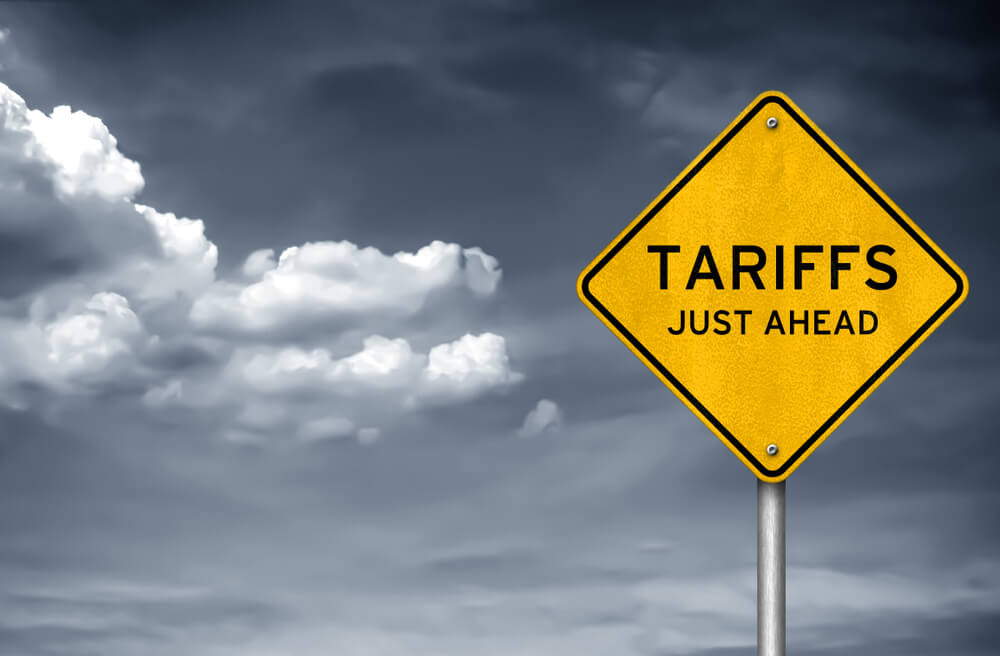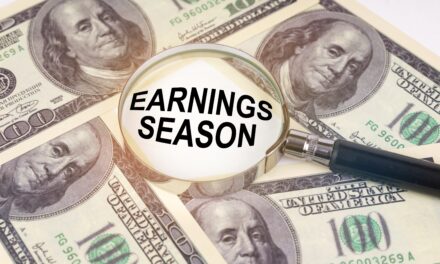Just when there’s headway in the trade war with China, U.S. President Donald Trump, the self-proclaimed “Tariff Man,” sets his sights on new tariffs on the EU.
The Trump administration is considering new tariffs of up to 100% on some EU goods that it had previously said would not be targeted in relation to a years-long dispute with Airbus, a European aerospace corporation.
On Thursday the Office of the U.S. Trade Representative published a list of these new goods that could be targeted, and it includes flagship items like Irish and Scotch whiskies and Cognac.
It all stems from a dispute with Airbus that was settled by the World Trade Organization back in October. The WTO ruled that the EU was providing illegal subsidies to Airbus, a competitor to America’s Boeing, and gave the U.S. the green light to impose tariffs on $7.5 billion in EU imports.
The USTR originally wanted to target more than $10 billion in goods but after the ruling it imposed 10% tariffs on large civil aircraft and 25% tariffs on agricultural goods. Now the office is soliciting advice on raising those agricultural tariffs to 100%, and adding some goods it originally excluded from the list.
Here are some of the highlights (or lowlights if you’re a scotch whiskey drinker) from the additions:
- Irish whiskey
- Scotch whiskey
- Cognac
- Spanish olive oil
- French cheese
- Portuguese fish fillets
Bernstein analyst Trevor Stirling sees this as another warning that the U.S. is not afraid to use tariffs as it works to reduce its trade deficit with other countries.
“(The list) once again includes blended whiskies and Cognac … The fact that they had been excluded from the ‘final’ October list was a dodged bullet for Spirits companies back then,” Stirling wrote in a note to clients, according to CNBC. “But now the threat is back.”
“This is a full reshuffle — we are potentially seeing a rolling tariff, which we highlighted as a possibility two months ago.”
These aren’t the only tariff threats the U.S. has against the EU at the moment, either. Earlier in December, the Trump administration said it was considering 100% tariffs on $2.4 billion in French imports as a response to France’s digital tax that targets large tech companies, many of which are American.
Moving east of Europe, a deal was reached between the U.S. and China in a trade war that has gone on for 17 months. Trump confirmed that the two countries had reached a “Phase One” agreement and negotiations for “Phase Two” would start immediately.
As part of the deal the U.S. is cancelling tariffs that were set to go into effect Sunday while also rolling back some other duties in exchange for Beijing’s agreement to purchase more U.S. farm goods.




